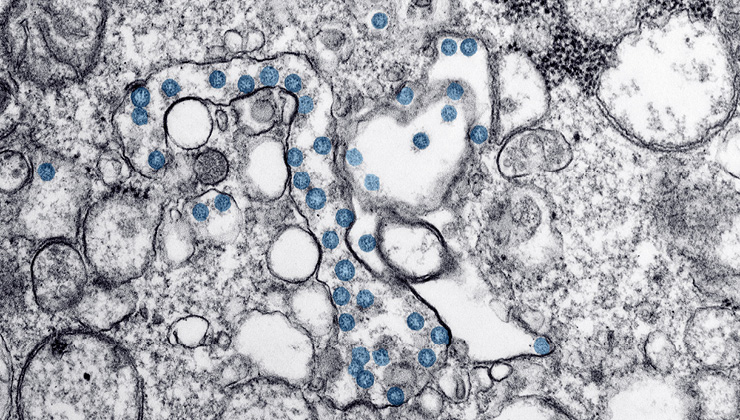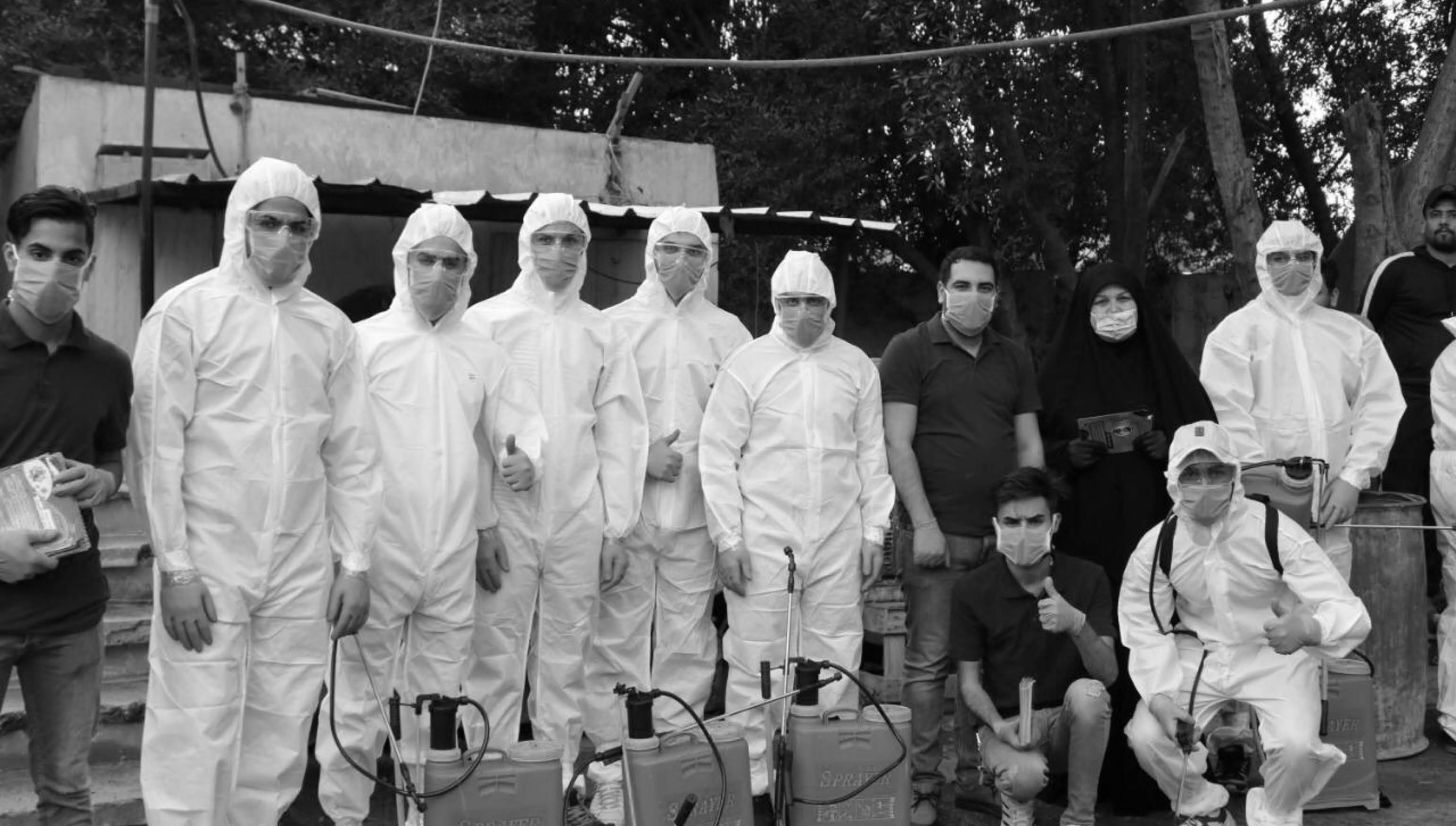Since the COVID-19 epidemic broke out in December 2019, the virus has spread across the globe unabated, with countries in different phases of the curve. Njoki Kinyanjui tells us why the work of women’s networks in fragile contexts is so important, now more than ever, to ensure women’s participation in COVID-19 decision-making in conflict settings.
Public health emergencies worldwide, such as the COVID-19 pandemic, affect and impact women and men differently, but take a disproportionate toll on women. Even more so in conflict-affected countries and post conflict contexts, where the existing gender inequalities and exclusion of women from all decision-making, including on peace and security issues, are severely deepened. In these contexts, women are often on the periphery of peace and political solutions; and therefore, have limited decision-making power on social, economic, health, protection and justice outcomes. Moreover, they experience limited access to critical health information and services such as for primary, sexual and reproductive health, while available services remain strained and poorly equipped. Yet, with all these challenges, women continue to actively agitate for meaningful and full political participation and in other socio-economic arenas, including in health.
The COVID-19 pandemic and its devasting impacts, therefore, further deepens the exclusion and discrimination of women and negatively affects their protection in these fragile contexts. There is already documented evidence on the rise of violence against women, particularly domestic violence. It is therefore very positive that the Secretary-General’s call for a global ceasefire has been endorsed by many Member States, regional organisations and civil society groups including women’s organisations. Further, in his message on Gender Based Violence and COVID , he noted that “over the past weeks as economic and social pressures and fear have grown, we have seen a horrifying global surge in domestic violence” and issued a rallying call to end violence against women in their homes.
It is well recognised that globally, women predominantly carry the burden of providing primary healthcare,. 70 per cent of global health workers are women and emerging statistics show that increasingly health workers are getting infected by COVID-19. Women are also employed in the service industries and the informal sector, which are amongst those hardest-hit by the measures to reduce COVID-19 transmission. They are also paid less, bear the household burden and are most often the ones doing unpaid care work.
The role of women’s networks
COVID-19 prevention and response measures are anchored in community engagement, participation and sharing the right information. Under Secretary-General for Peace Operations Jean-Pierre Lacroix recently underlined the role of peacekeepers in providing protection and conflict resolution in partnership with national authorities in fragile environments further strained by the pandemic. Women’s networks and organisations are a key partner to UN peacekeeping and their networks lead innovative community approaches to resolve conflicts, wage peace and reconciliation. It is these same networks that are critical vehicles for women’s participation in COVID-19 decision-making, prevention and responses and elevated advocacy for the global ceasefire call.
As 2020 marks the 20th anniversary of the Security Council Resolution 1325 on Women, Peace and Security, the multiple impacts of the pandemic and the inequalities it lays bare are a stark reminder of how women can lead to turn the tide, as actors and decision-makers at all levels, in the health sector, but also more broadly on peace and political processes in their respective countries. It is a time to come together, and use the momentum created by the endorsement of the global ceasefire call, to protect women, safeguard the gains towards the fulfilment of their rights and lead as protectors of peace.
The views, thoughts and opinions expressed in this blog post are those of the author(s) only, and do not necessarily reflect LSE’s or those of the LSE Centre for Women, Peace and Security.
Header image: Photo by Joel Filipe on Unsplash




Well put Njoki. Cases of GBV have increased since the onset of Covid-19. This is well documented in an article from CJ Maranga, Kenya.
The question is what will happen to women and children living in conflict and post conflict situation in the midst of dwindled resources. Actions based on conflict analysis for conflict responsive interventions must be put in place.
Thanks for sharing Njoki… keep it going.
This is a fantastic reflection. The epidemic has turned people’s lives upside down and given psychopaths an opportunity to injure people in their close proximity unabated.
Well put.